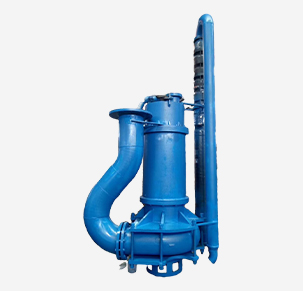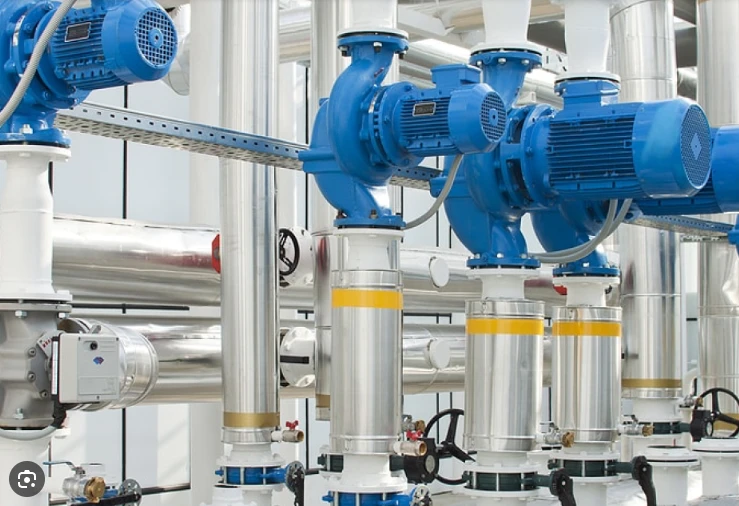TEL:
+86 13120555503
English
- Afrikaans
- Albanian
- Amharic
- Arabic
- Armenian
- Azerbaijani
- Basque
- Belarusian
- Bengali
- Bosnian
- Bulgarian
- Catalan
- Cebuano
- Corsican
- Croatian
- Czech
- Danish
- Dutch
- English
- Esperanto
- Estonian
- Finnish
- French
- Frisian
- Galician
- Georgian
- German
- Greek
- Gujarati
- Haitian Creole
- hausa
- hawaiian
- Hebrew
- Hindi
- Miao
- Hungarian
- Icelandic
- igbo
- Indonesian
- irish
- Italian
- Japanese
- Javanese
- Kannada
- kazakh
- Khmer
- Rwandese
- Korean
- Kurdish
- Kyrgyz
- Lao
- Latin
- Latvian
- Lithuanian
- Luxembourgish
- Macedonian
- Malgashi
- Malay
- Malayalam
- Maltese
- Maori
- Marathi
- Mongolian
- Myanmar
- Nepali
- Norwegian
- Norwegian
- Occitan
- Pashto
- Persian
- Polish
- Portuguese
- Punjabi
- Romanian
- Russian
- Samoan
- Scottish Gaelic
- Serbian
- Sesotho
- Shona
- Sindhi
- Sinhala
- Slovak
- Slovenian
- Somali
- Spanish
- Sundanese
- Swahili
- Swedish
- Tagalog
- Tajik
- Tamil
- Tatar
- Telugu
- Thai
- Turkish
- Turkmen
- Ukrainian
- Urdu
- Uighur
- Uzbek
- Vietnamese
- Welsh
- Bantu
- Yiddish
- Yoruba
- Zulu
Telephone: +86 13120555503
Email: frank@cypump.com
Feb . 14, 2025 04:46 Back to list
pipeline pump
Navigating the intricate world of sewage management, the sewer pump emerges as a pivotal component, transforming potentially problematic waste systems into seamless and efficient operations. In the realm of plumbing and wastewater management, expertise on the function and maintenance of sewer pumps is invaluable for both individuals and businesses reliant on properly functioning sewage systems.
Trustworthiness in the information about sewer pumps also involves awareness of innovative solutions and sustainable practices. Advancements in technology have led to the development of energy-efficient pumps equipped with smart sensors that optimize performance and energy use. Environmentally conscious choices not only align with global sustainability goals but also provide long-term cost savings for consumers. Furthermore, knowing the implications of local regulations and compliance is a key component of both expertise and trustworthiness. Different regions may impose standards regarding wastewater management, and failing to comply can lead to legal issues and fines. Professionals in the field should be well-versed in these regulations to effectively guide consumers in selecting and maintaining compliant sewer pump systems. In conclusion, the realm of sewer pumps is not merely about choosing a device for waste management. It is an intricate part of a larger system that requires a blend of experience, expertise, authority, and trust. As the demand for reliable wastewater solutions continues to rise, so too does the importance of informed decision-making and professional guidance in the selection and maintenance of sewer pumps. Stepping into this field with a comprehensive understanding ensures not only the proper functioning of sewage systems but also contributes to a cleaner, safer environment.


Trustworthiness in the information about sewer pumps also involves awareness of innovative solutions and sustainable practices. Advancements in technology have led to the development of energy-efficient pumps equipped with smart sensors that optimize performance and energy use. Environmentally conscious choices not only align with global sustainability goals but also provide long-term cost savings for consumers. Furthermore, knowing the implications of local regulations and compliance is a key component of both expertise and trustworthiness. Different regions may impose standards regarding wastewater management, and failing to comply can lead to legal issues and fines. Professionals in the field should be well-versed in these regulations to effectively guide consumers in selecting and maintaining compliant sewer pump systems. In conclusion, the realm of sewer pumps is not merely about choosing a device for waste management. It is an intricate part of a larger system that requires a blend of experience, expertise, authority, and trust. As the demand for reliable wastewater solutions continues to rise, so too does the importance of informed decision-making and professional guidance in the selection and maintenance of sewer pumps. Stepping into this field with a comprehensive understanding ensures not only the proper functioning of sewage systems but also contributes to a cleaner, safer environment.
Share
Latest news
-
ISG Series Pipeline Pump - Chi Yuan Pumps | High Efficiency, Durable Design
NewsAug.01,2025
-
Advanced Flue Gas Desulfurization Pump with GPT-4 Turbo | Durable & Efficient
NewsJul.31,2025
-
ISG Series Vertical Pipeline Pump - Chi Yuan Pumps | Advanced Hydraulic Design&Durable Construction
NewsJul.31,2025
-
ISG Series Vertical Pipeline Pump - Chi Yuan Pumps | Energy Efficient & Low Noise
NewsJul.31,2025
-
pipeline pump - Chi Yuan Pumps Co., LTD.|High Efficiency&Low Noise
NewsJul.31,2025
-
ISG Series Vertical Pipeline Pump - Chi Yuan Pumps Co., LTD.|High Efficiency, Energy Saving, Low Noise
NewsJul.30,2025










